Maharashtra
Maharashtra
The Challenge
About 80% of Maharashtra is classified as rainfed and susceptible to land degradation. About half of its people depend directly or indirectly on agriculture for their livelihoods; of these, 80% are small and marginal farmers. Over the past two decades, droughts and unseasonal rainfall have become more frequent and resulted in massive crop failures, rising debt, distress migration and suicide, especially among smallholders farmers. The market-driven emergence of monocultures further adds to climate vulnerability in the agriculture sector.
WOTR’s Approach
With a focus on improving the resilience of livelihoods and incomes, WOTR is closely working with the rural communities of Maharashtra for ecosystem restoration and natural resource management. Our work also includes enhancing the adaptive capacity of the communities to deal with climate change, promote sustainable agricultural practices, diversify income sources and make governance inclusive and participatory.
Presence
WOTR began its operations in the Ahmednagar district of Maharashtra in 1993. We are currently working in 781 villages in 41 blocks across 15 districts in the state. These are Ahmednagar, Aurangabad, Beed, Gadchiroli, Jalna, Nagpur, Nashik, Dharashiv, Pune, Raigad, Sangli, Satara, Solapur, Thane and Palghar.
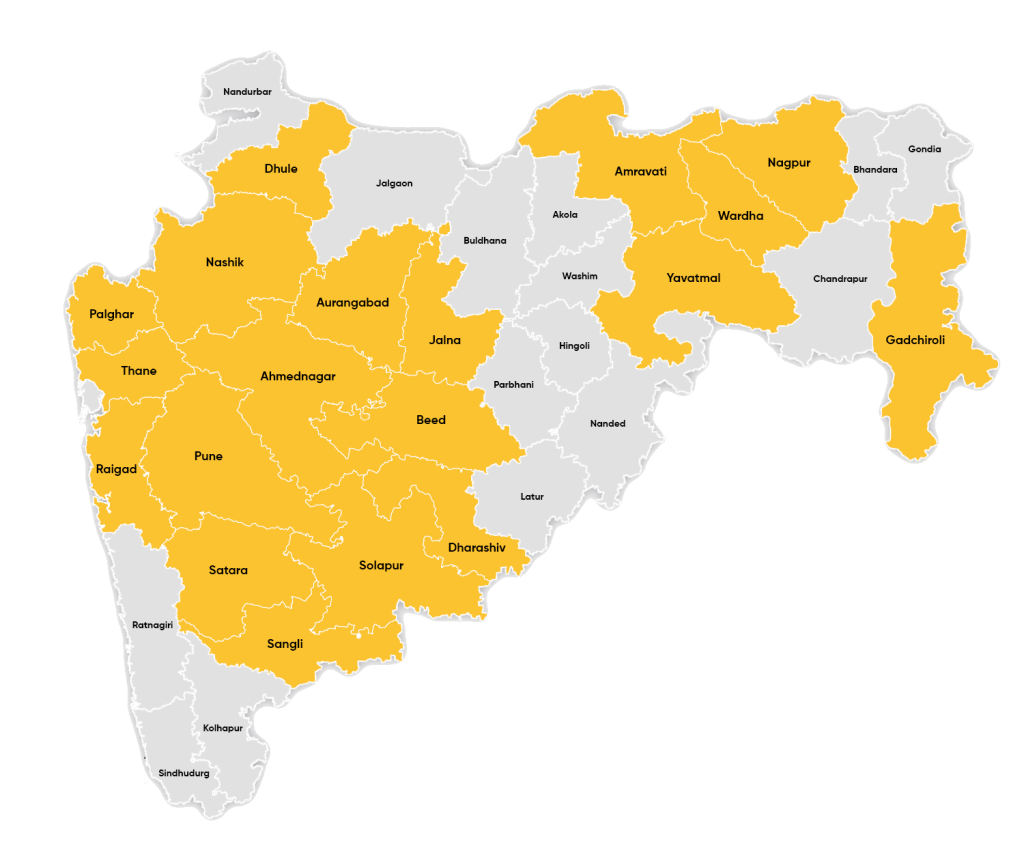
Flagship Programmes
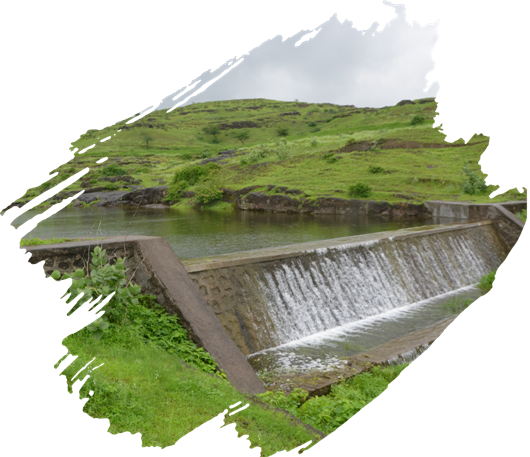
Water and Land Management
Water and land are the most crucial resources supporting the livelihoods of communities in the region. While working on the revival of land and water sources, our team has strategically invested in mobilising community members and ensuring their active engagement. The program is built on the foundation of participatory watershed development and is effectively managed by the local committees under the guidance of the WOTR team. With regular training, technical and financial support, WOTR strives to restore ecological balance, thereby improving the quality of life and boosting livelihoods.
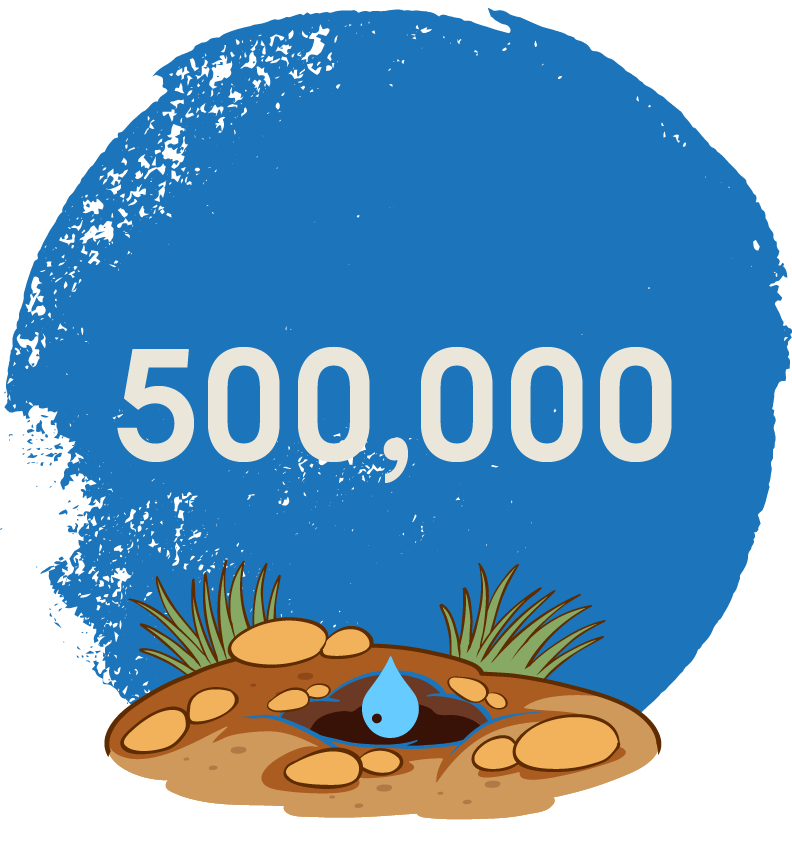
hectares of area covered under soil & moisture conservation, implemented across over 650 villages
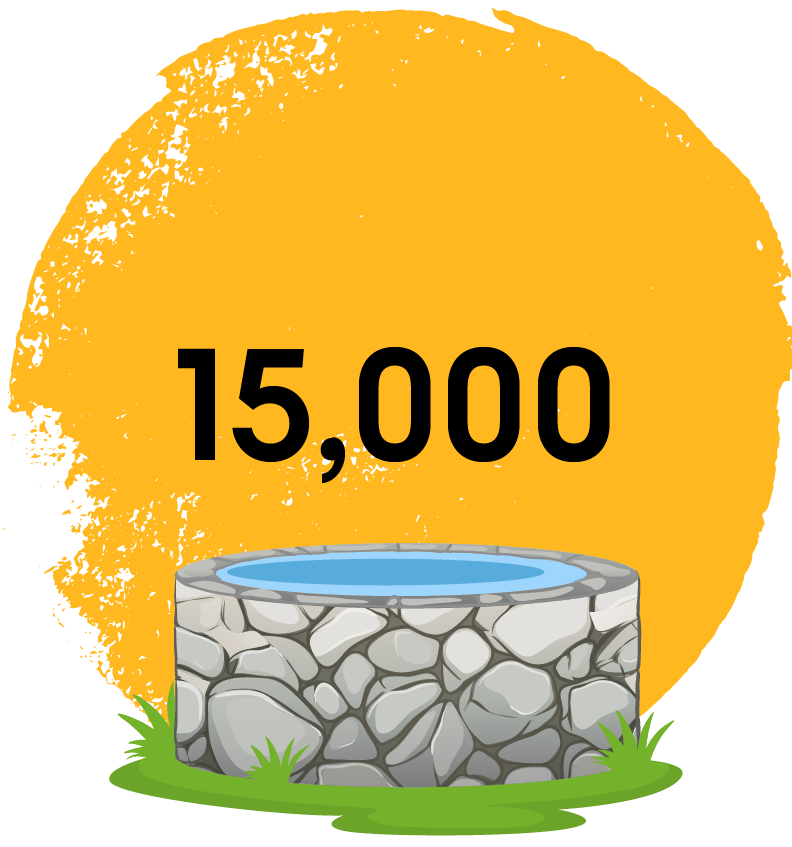
minor water harvesting structures and 2,000 major water harvesting structures built
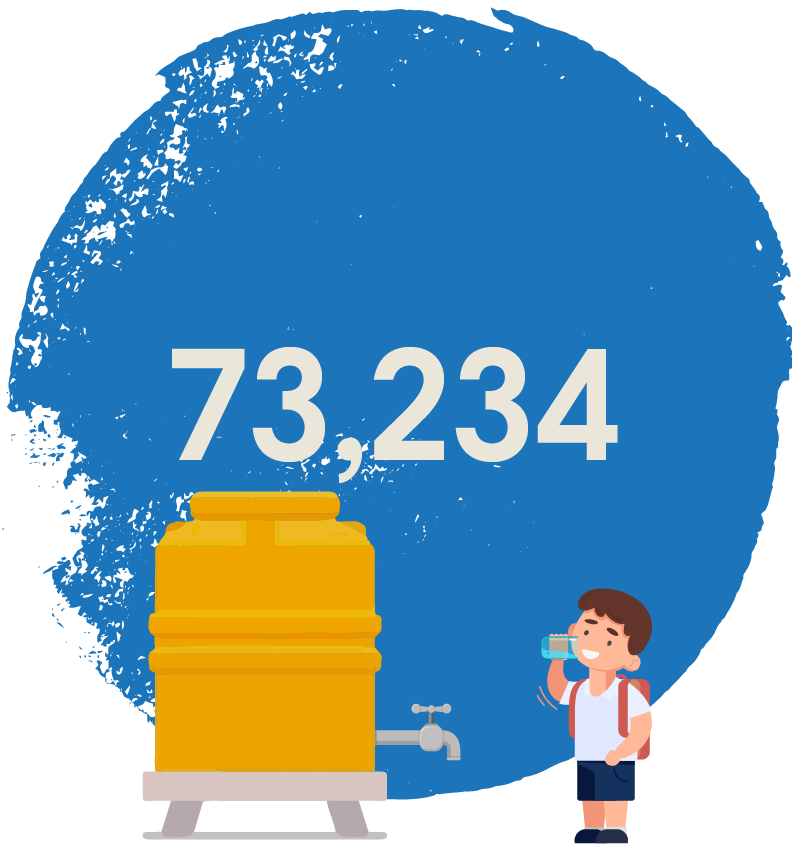
people across 204 villages have secured drinking water availability
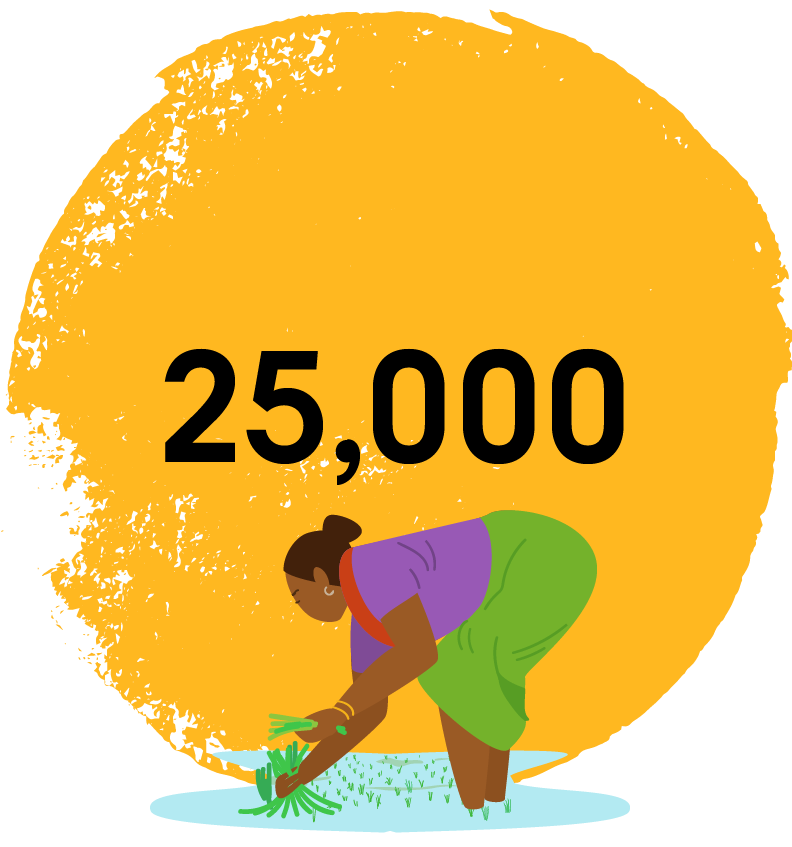
families in 150 villages have adopted efficient water management practices
Climate Resilient Agriculture
By introducing Climate Resilient Agriculture (CRA), WOTR aims to boost land farm productivity through smart and resource-efficient techniques. CRA encourages farmers to employ appropriate cropping patterns, use native seeds and cultivars, and make extensive use of locally accessible organic and biological resources. Farmers (both men and women) are guided to utilize the proper “package of techniques” through Farmer Field Schools.
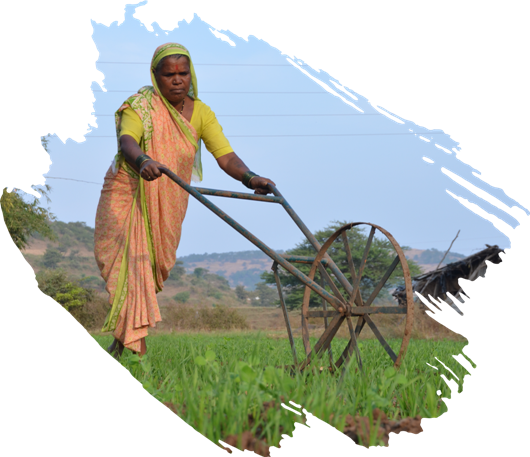
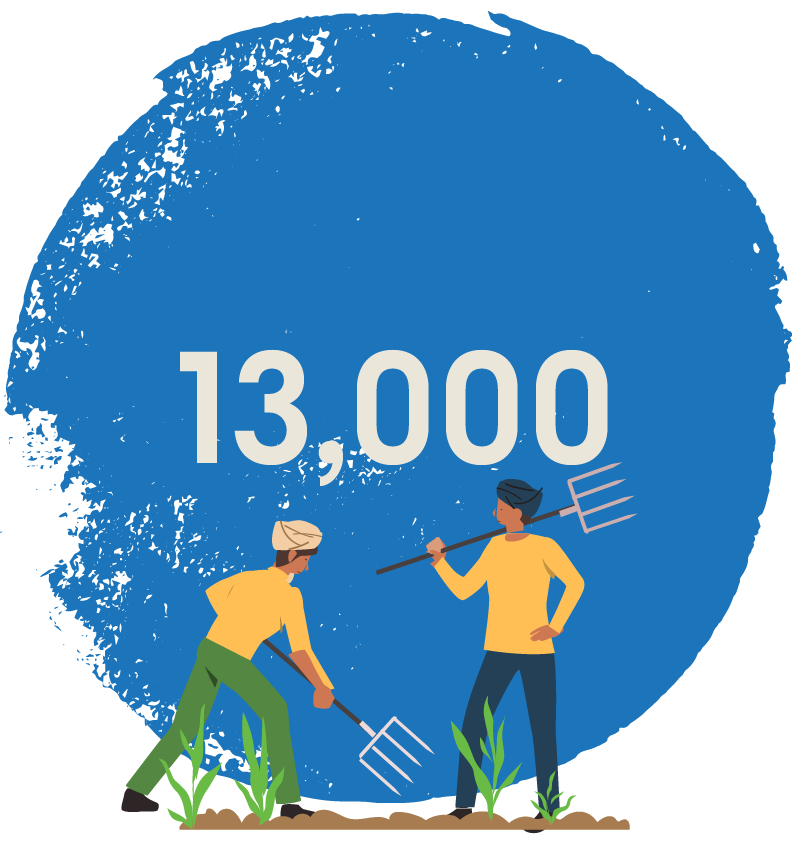
farmers reaped benefits by adopting the System of Crop Intensification (SCI)

Automated Weather Stations installed in more than 350 villages, benefitting over 30,000 farmers
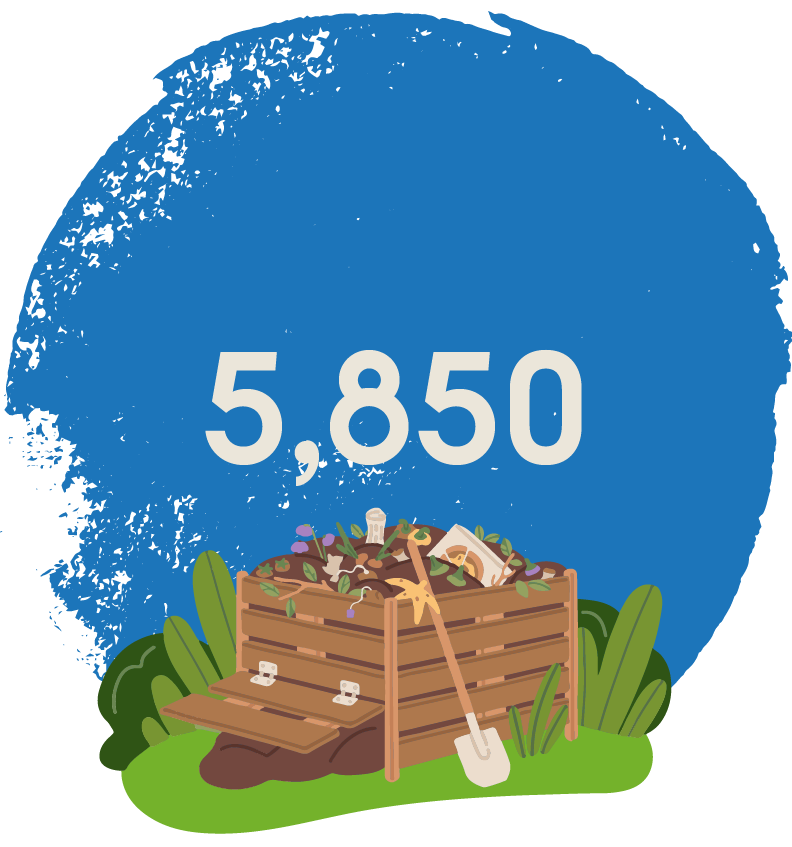
compost units installed in 390 villages
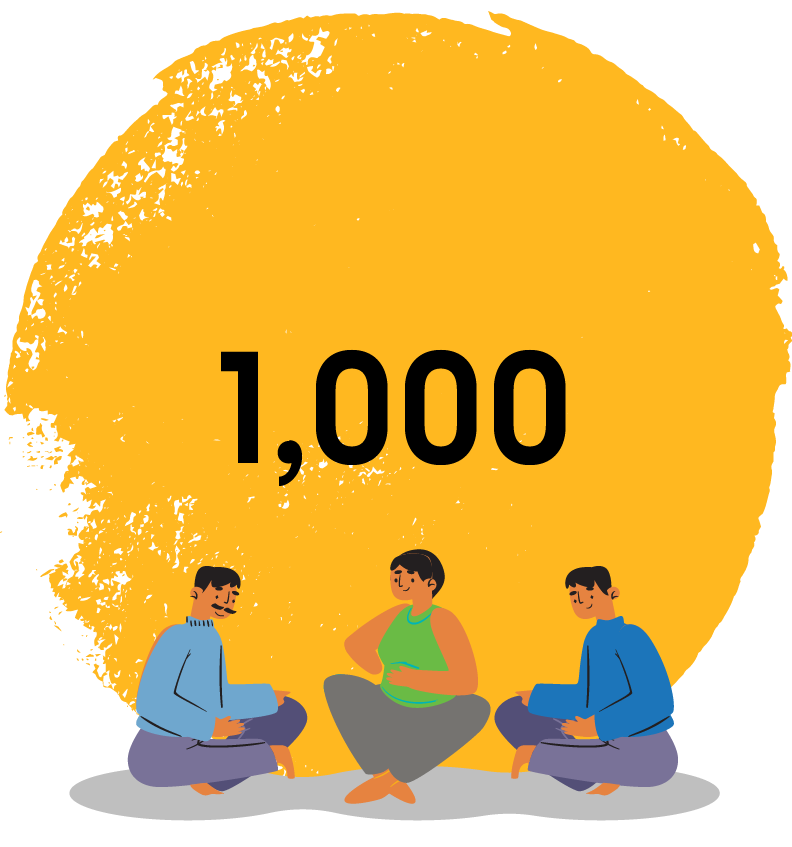
training programs conducted on organic farming
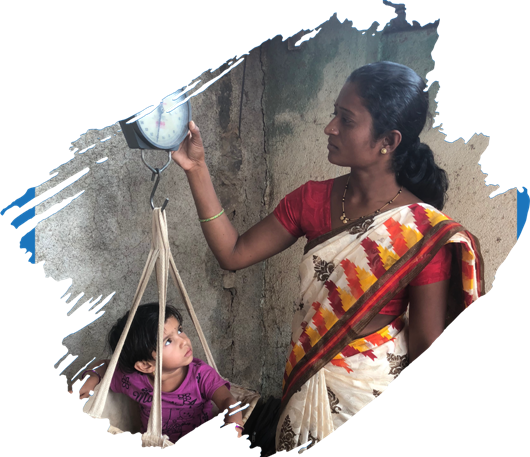
Health, Sanitation and Nutrition
To promote health and hygiene, WOTR has been closely working with the community and especially with women, local schools and Anganwadis. Through our water and sanitation projects, the team is educating children in schools and organizing related activities. WOTR also supports school management to strengthen the infrastructure that ensures clean drinking water supply, effective drainage and solid waste management.
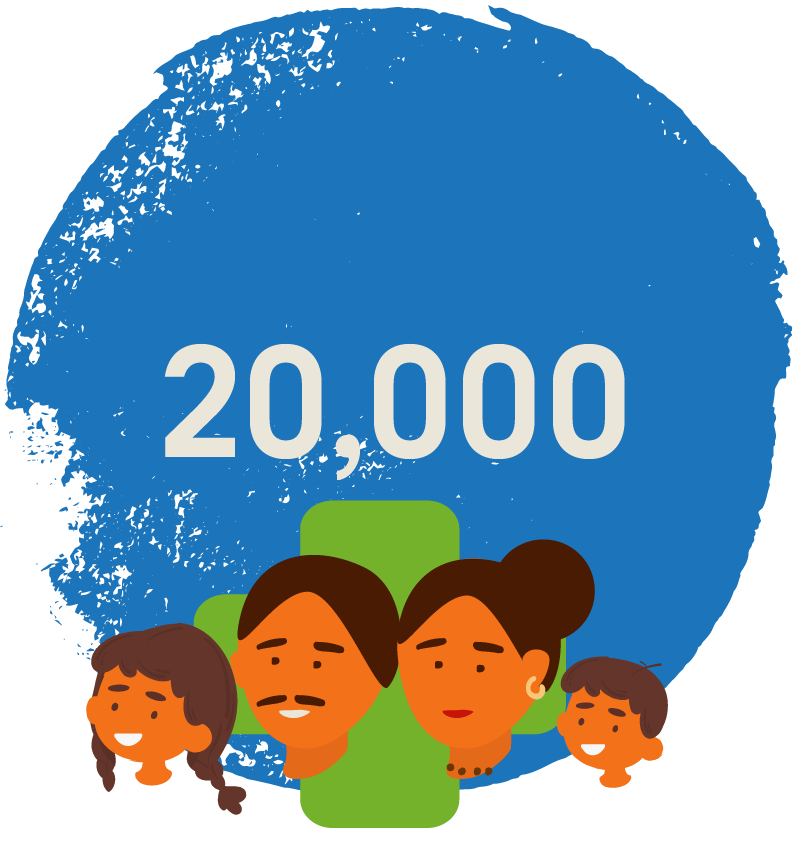
families covered under health initiatives

anaemia detection camps organized, with an outreach of 10,000 people
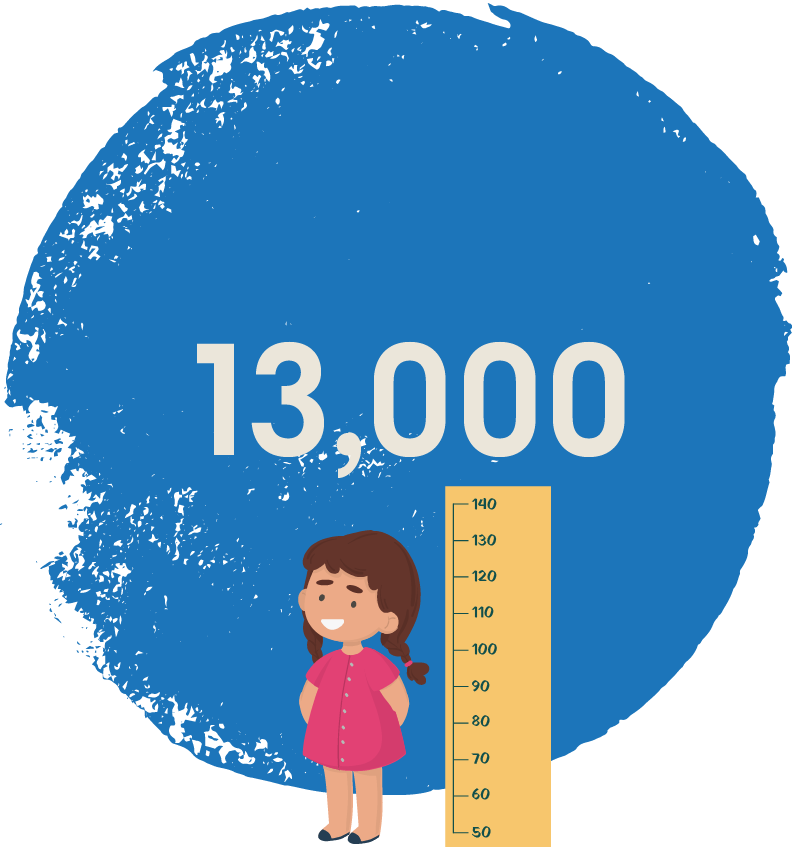
children monitored under the Child Growth Monitoring Program
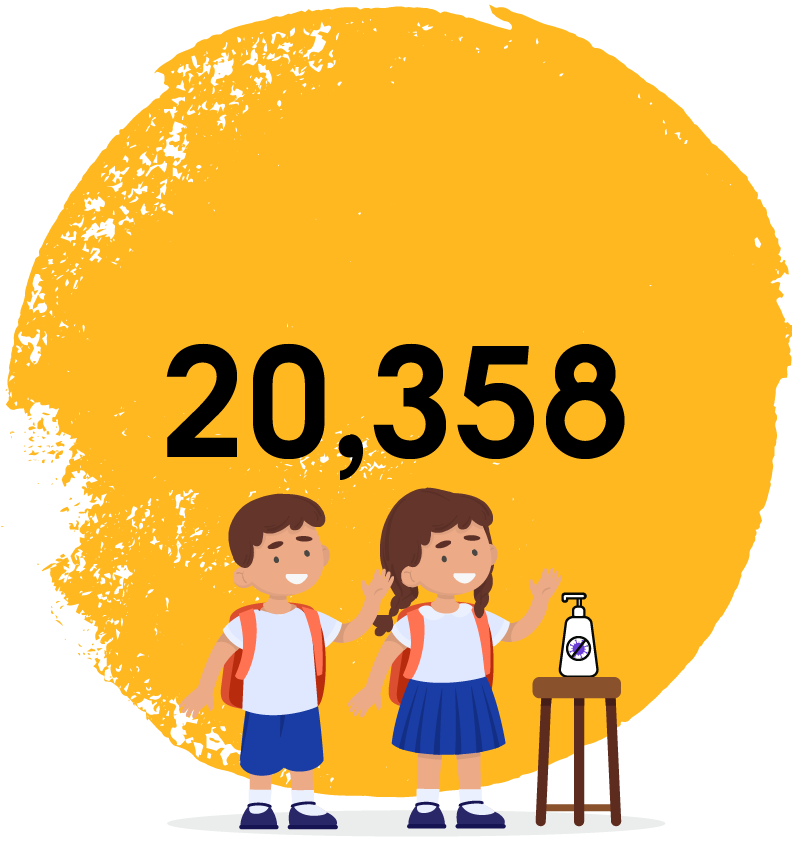
children from 210 schools covered through school sanitation projects
Keeping gender empowerment at the centre of all its initiatives, WOTR supports local women to form self-help groups. With consistent encouragement and guidance, we are training women to strengthen their decision-making ability, both in social and financial matters. Besides, WOTR also provides training and capacity building support under government-funded projects. This includes Indo-German Watershed Development Programmes, NABARD Holistic Watershed Development Programme, Drought Prone Areas Programme, Project on Climate Resilient Agriculture, and more.
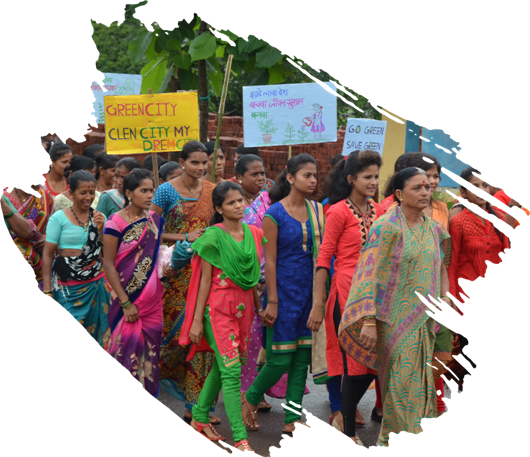
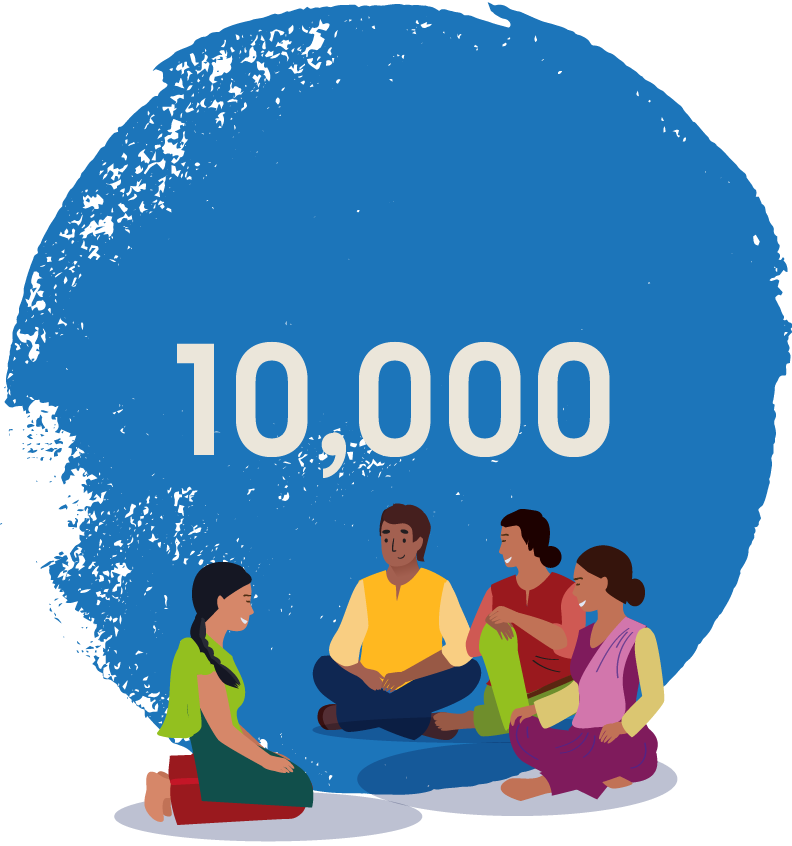
SHGs formed and 1,25,000 members trained
Farmer Producer Organisations promoted
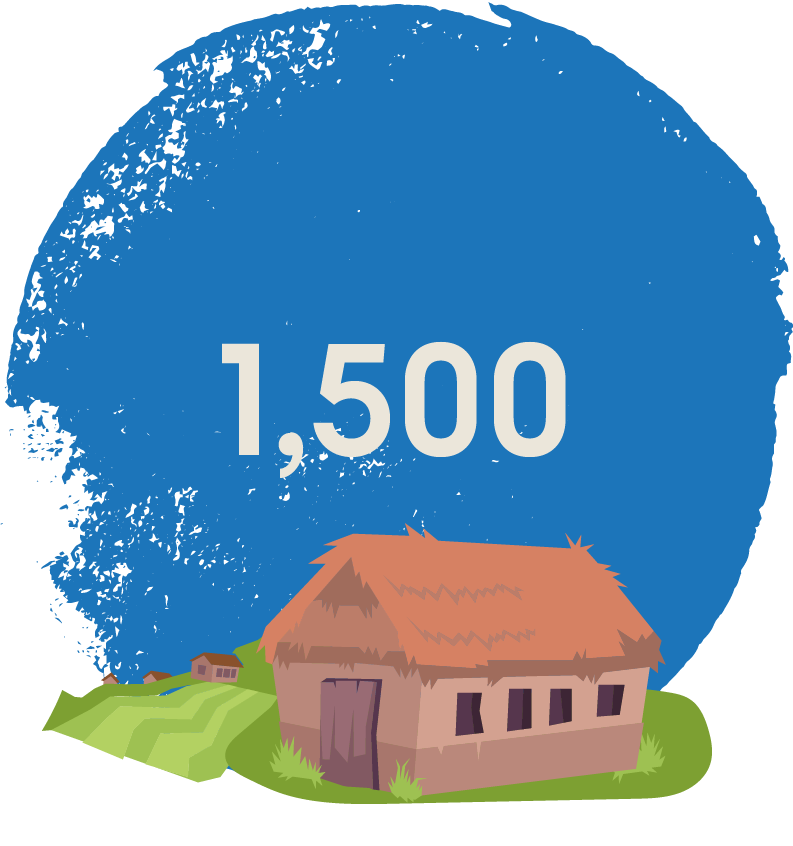
villages across 25 districts of Maharashtra supported under NABARD and Government funded projects
million labour days generated through integrated watershed activities
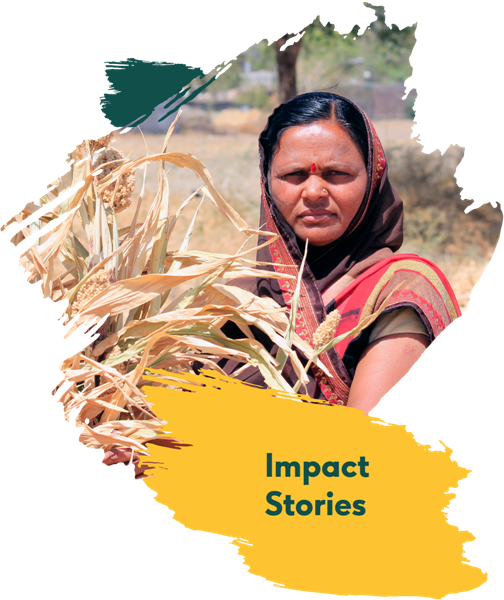
Meena- the Organic Farming Ambassador
Meena’s suggestions were dismissed and she was even ridiculed for her willingness to replace chemical fertilizers with vermicompost. Her husband and son did not want to risk their incomes with the use of organic fertilizers. But Meena remained firm on her plan and took WOTR’s support to set up a vermicompost bed in the premises of her house.
Her hard work finally yielded rewards when she earned Rs 5,000 profit from maize crop without any use of chemicals. Today, both her husband and son are supporting Meena to upscale vermicompost production in her house.


